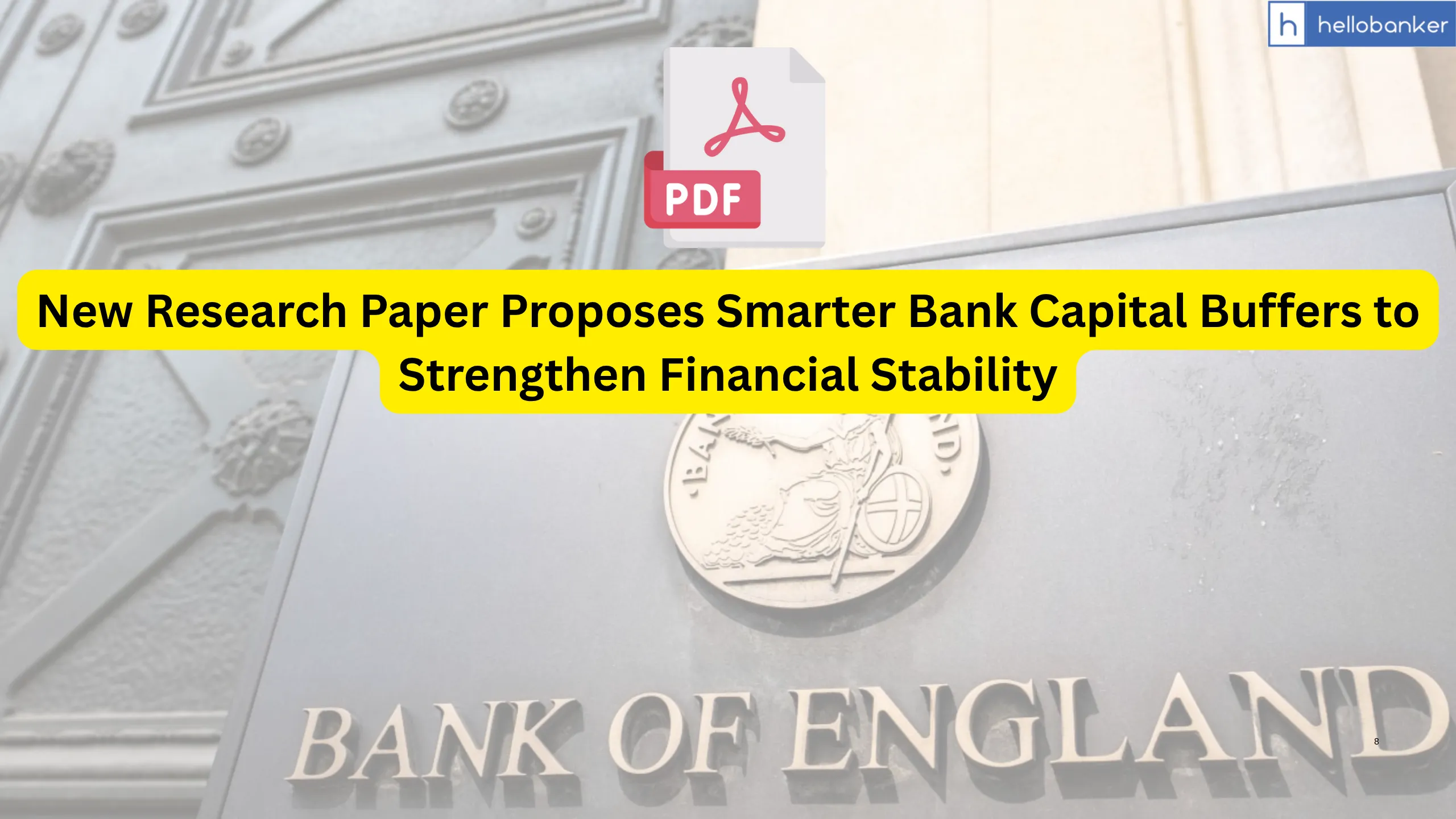London, May 2025 – A new research paper published by the Bank of England explores how banks can be better prepared for economic downturns by building releasable capital buffers—reserves that can be used during times of financial stress. Titled “Staff Working Paper No. 1,128,” the paper is authored by economists Manuel A. Muñoz and Frank Smets. You can download Research Paper PDF via link given at last.
The study presents a quantitative macro-banking model that provides a strong case for combining static capital requirements with dynamic capital buffers. These buffers are particularly useful when there is room to build them, and when the banking sector faces risks that could spill over into the broader economy—such as bank failures or limits on the value of collateral.
According to the authors, capital buffers should grow gradually in response to expected increases in banks’ net interest margins—a key indicator of profitability. However, they also note that in the absence of certain economic spillovers (called pecuniary externalities), such buffers may not offer much added protection.
The model reinforces earlier findings that tightening capital requirements can reduce short-term lending by banks. It also supports the idea that static capital requirements should be set at relatively conservative levels to maintain financial safety.
One of the key contributions of the paper is a proposed framework to help regulators calibrate a “Positive Neutral Counter-Cyclical Capital Buffer” (PN-CCyB). This tool aims to maintain stability by ensuring banks hold sufficient capital during good times, so they are well-positioned to lend during downturns.
The findings come at a time when central banks and regulators around the world are reassessing their macroprudential policies in light of increasing global financial risks and economic uncertainty.
